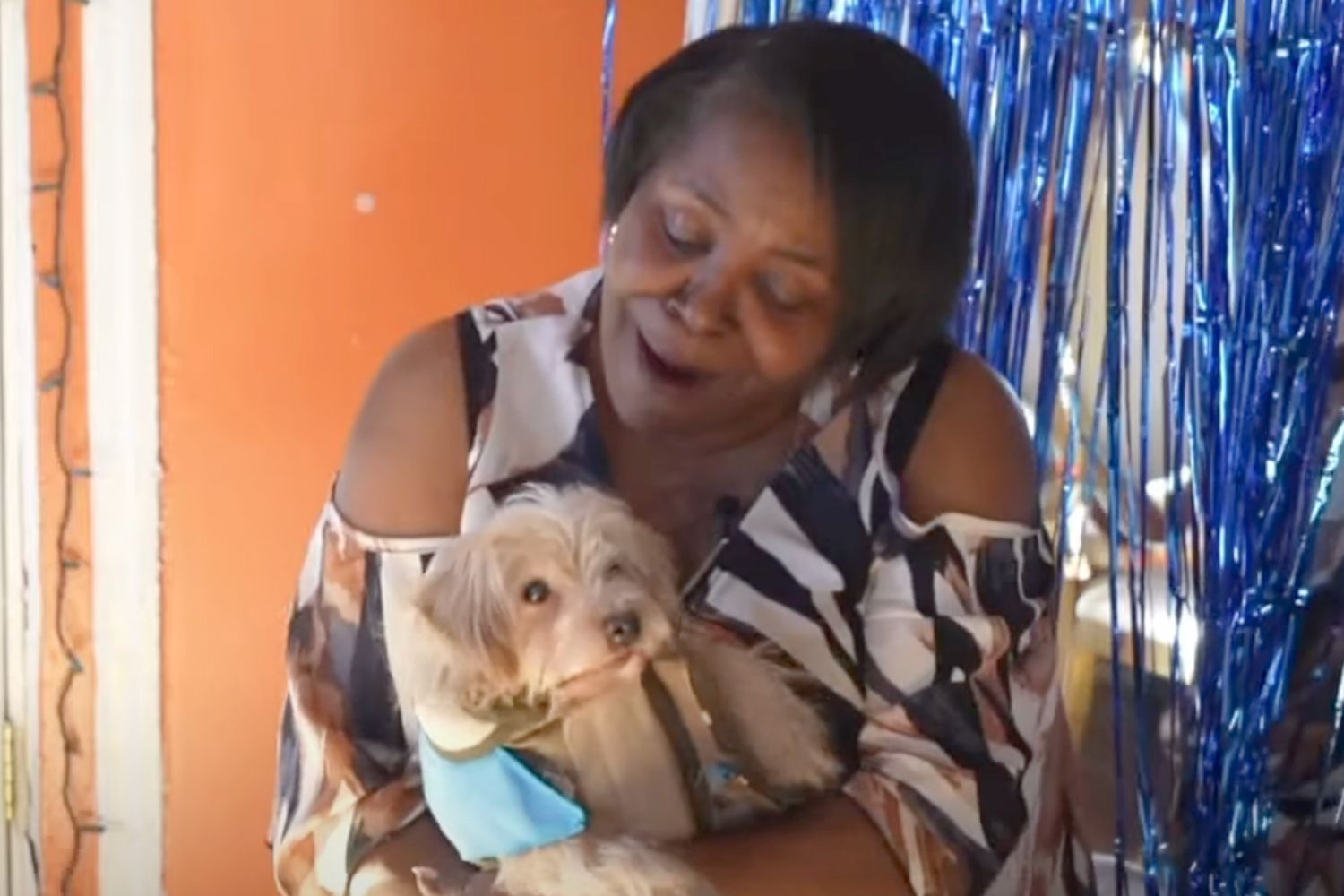
A woman in New York has reunited with her beloved pet 11 years after the dog vanished.
Over a decade ago, Melanie Epperson’s sweet puppy, Snuggles, ran off while the pet parent was helping her grandson move into a new home, according to WKBW-TV.
Epperson told the outlet that she was “worried” about the Snuggles at the time of the pup’s disappearance, especially when winter rolled around because the dog “doesn’t like the cold.”
After the light brown pup failed to reappear after several months away from home, the dog owner eventually gave up hope.
So Epperson was shocked when, in March 2025, she heard from the City of Buffalo Animal Shelter about the long-gone dog.
WKBW-TV reported that someone had dropped Snuggles off at the shelter, so the facility’s employees scanned the dog for a microchip before placing him up for adoption. The scan revealed that Snuggles had a microchip loaded with the contact information of Chantel Stroud, Epperson’s daughter. The City of Buffalo Animal Shelter called Stroud to share that Snuggles had finally been found, and she passed the good news on to her mom.
“When I got that call, at first, I thought my daughter was joking,” Epperson said. “I thought she was playing around.”
Stroud agreed she was in disbelief, too.
She said, “When they asked if I knew Snuggles, I said, ‘Yeah, that was a long time ago.’ They then asked if I knew Melanie, and I said, ‘That’s my mom.'”
The phone calls from the shelter led to a long-awaited reunion between Epperson and the dog.
Epperson is looking forward to the years she has left with her furry friend. “I just never thought I would ever see him again,” the pet parent said. “I Googled it, and he can live up to 18 years old. So, I have another 4 to 5 good years to snuggle Snuggles.”
Per the American Animal Hospital Association, a microchip “provides pets with lifelong ID” and is more reliable than collars and ID tags. The microchip device is implanted under the pet’s skin during a simple, painless procedure.
The organization states that statistics prove that “microchipped pets are significantly more likely to be reunited with their owners than pets who are not microchipped.”
The American Veterinary Medical Association found in a study that lost dogs with microchips were returned to their owners 52.2% of the time, compared to lost dogs without microchips, who were only returned to their owners 21.9% of the time.
